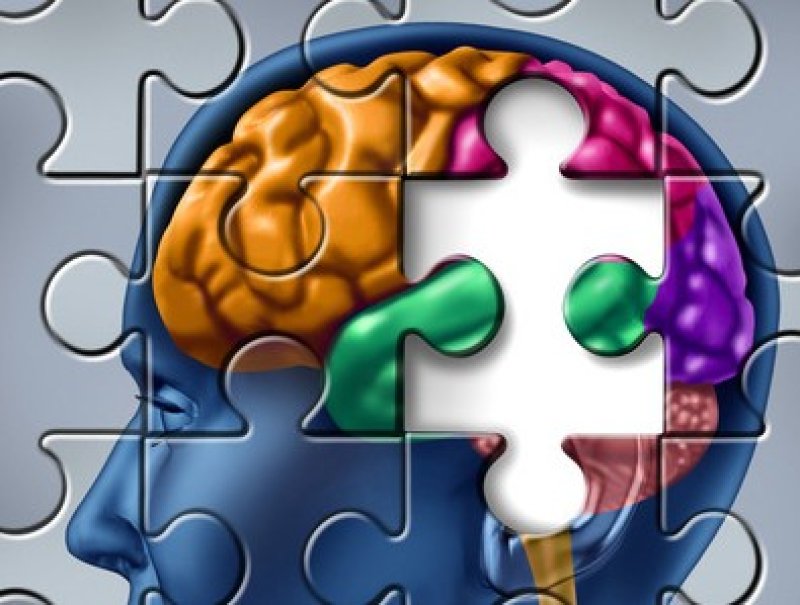The following is an editorial summary.
In anticipation of the publication of the DSM-V — the fifth edition of psychiatry’s “Bible” — many, many articles have been written calling out the manual’s apparent refusal to adopt a more biologically-based approach to mental illness. Even in a world of increasingly sophisticated neuroscience, biochemistry, and genetics, the authors of the manual climb to a nebulous, symptom-focused approach to diagnosing and treating mental illness.
While several articles, including this New York Times piece, offer a thorough breakdown of the larger controversy, very few are focusing on what, exactly a biology-based psychiatry would look like. Genetics is almost universally invoked as one of the disciplines that should play a key role, but just how prepared genetics is to tackle the issue of mental illness is an open question. The folks at the DNA Exchange deserve special mention for examining how a biology-based psychiatry with a strong element of genetics would impact the work of genetic counselors and the field of psychiatry more generally.
Additional Resources:
- “The genetics of mental illness and the allure of gene-ism,” Genetic Literacy Project































